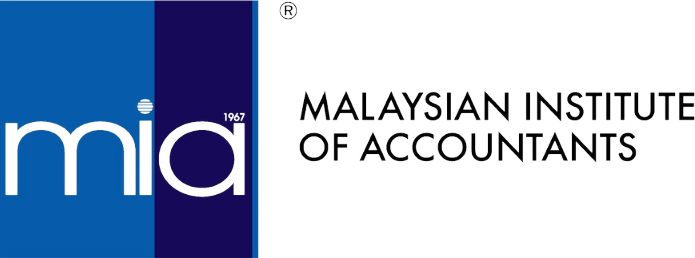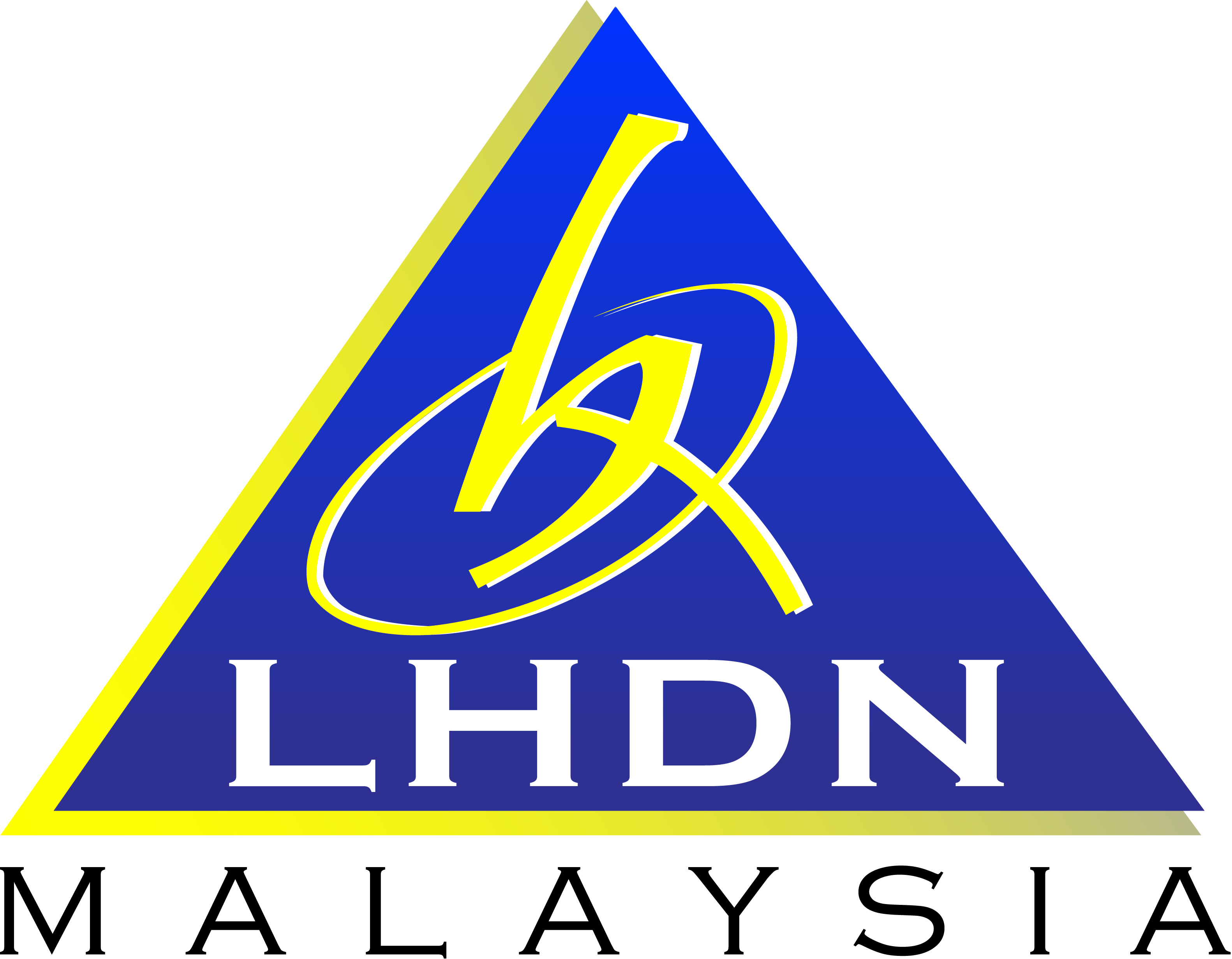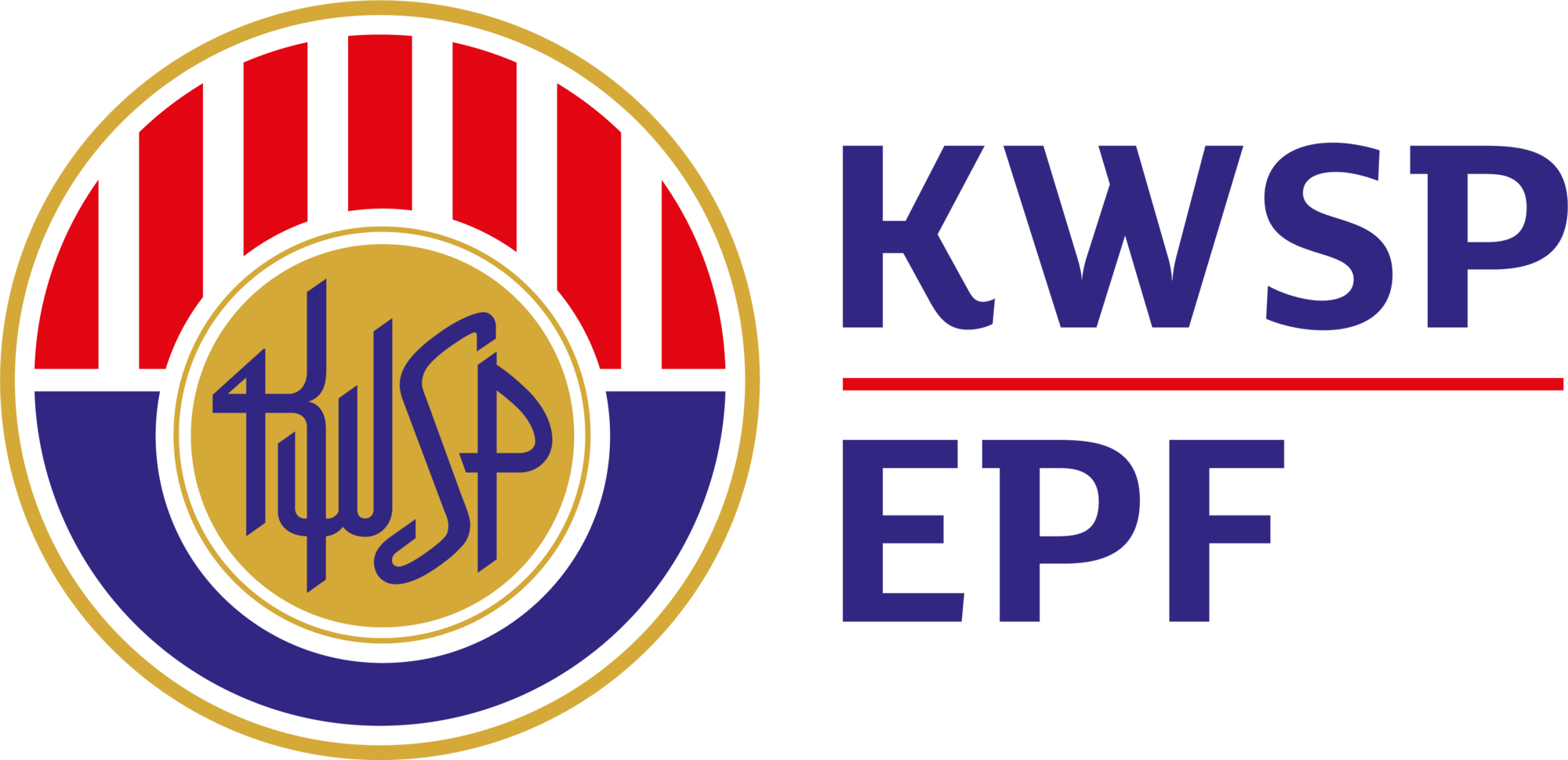Payroll compliance is a critical responsibility for businesses in Malaysia, especially for small and medium-sized enterprises (SMEs). With various regulations, tax obligations, and employee benefits to manage, ensuring your payroll processes meet legal requirements can be challenging. Failing to comply with these obligations may result in hefty penalties, audits, or damage to your company’s reputation.
This guide will help Malaysian SMEs navigate payroll compliance, highlighting essential statutory requirements and best practices for managing payroll effectively.
What is Payroll Compliance in Malaysia?
Payroll compliance refers to adhering to the legal obligations and regulations related to employee compensation. In Malaysia, businesses are required to meet specific statutory requirements, including contributions to employee benefits, tax deductions, and accurate record-keeping.
Key Components of Payroll Compliance in Malaysia
1. Employees Provident Fund (EPF) Contributions
The Employees Provident Fund (EPF) is a mandatory retirement savings plan. Employers are required to contribute a percentage of their employees’ salaries to the EPF, with the exact rate depending on the employee’s income bracket and employment type.
- Employer Contribution: 12% to 13% of the employee’s monthly salary.
- Employee Contribution: 11% of the monthly salary (deducted from the employee’s wages).
2. Social Security Organization (SOCSO) Contributions
SOCSO provides protection to employees against work-related injuries and disabilities. Malaysian employers are required to register and contribute to SOCSO for all eligible employees, including foreign workers.
3. Employment Insurance System (EIS) Contributions
The Employment Insurance System (EIS) provides financial assistance to employees who lose their jobs. Both employers and employees must contribute to the EIS
4. Monthly Tax Deductions (MTD/PCB)
Employers are required to deduct income tax from employees’ salaries under the Potongan Cukai Bulanan (PCB) system and remit it to the Inland Revenue Board (LHDN). The PCB ensures employees meet their annual income tax obligations gradually.
5. Payslip Requirements
Under Malaysian labor law, employers are required to provide employees with payslips that include details such as:
- Gross and net pay.
- Statutory deductions (EPF, SOCSO, EIS, PCB).
- Overtime, bonuses, and allowances.
6. Record-Keeping Obligations
Employers must maintain payroll records for a minimum of seven years. These records include employee details, salary breakdowns, and statutory contributions.
Common Payroll Compliance Challenges for SMEs
- Staying Updated on Regulatory Changes:
Payroll regulations in Malaysia can change frequently, requiring constant monitoring. - Complex Calculations:
Ensuring accuracy in salary, overtime, and statutory deductions can be overwhelming. - Limited Resources:
SMEs may lack the expertise or manpower to handle payroll compliance in-house.
Best Practices for Ensuring Payroll Compliance
- Invest in Payroll Software:
Automate calculations and stay compliant with statutory requirements. - Outsource Payroll Services:
Partner with a trusted provider like Amaze Payroll to handle compliance and reporting. - Train Your HR Team:
Provide regular training on Malaysian payroll laws and regulations. - Conduct Regular Audits:
Periodically review your payroll process to identify and fix errors.
How Amaze Payroll Can Help Malaysian SMEs Stay Compliant
At Amaze Payroll, we understand the complexities of payroll compliance in Malaysia. Our team of payroll experts ensures that your business:
- Meets all statutory requirements, including EPF, SOCSO, EIS, and PCB contributions.
- Stays updated with the latest regulatory changes.
- Avoids penalties and improves efficiency with accurate, compliant payroll processing.
By partnering with us, SMEs can focus on growing their business while leaving payroll compliance to the experts.
Conclusion: Achieving Payroll Compliance Made Easy
Payroll compliance is a vital aspect of running a business in Malaysia. By understanding statutory obligations, implementing best practices, and leveraging professional payroll services, SMEs can ensure their payroll processes are accurate, efficient, and compliant.
Ready to simplify your payroll compliance journey? Contact Amaze Payroll today and discover how we can help your Malaysian SME stay on track.
Disclaimer
The information provided in this article is intended for general informational purposes only and may not reflect the most current regulations or legal developments. Payroll laws and requirements in Malaysia are subject to change, and we recommend consulting with a professional or official government resources for the latest updates. Amaze Payroll is not liable for any inaccuracies or actions taken based on this article.









